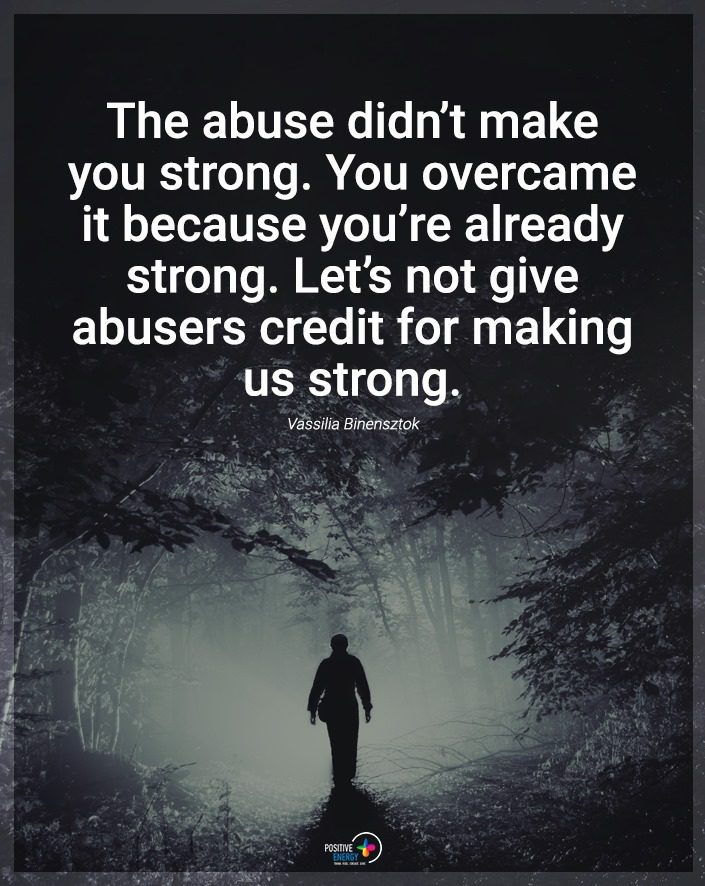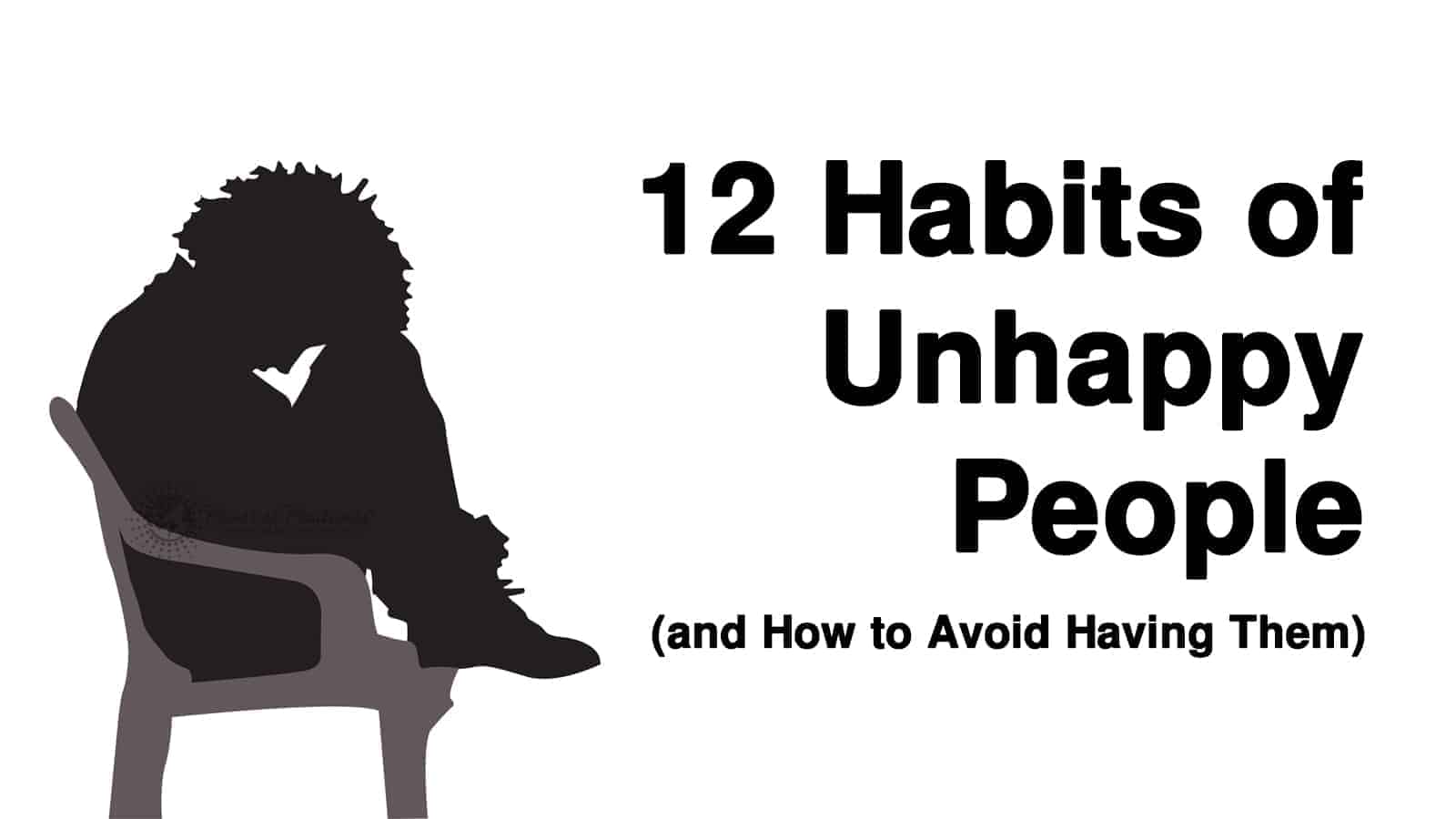It’s not a good feeling when your partner mistreats you. You don’t have to put up with abusive behavior, though, as there are some responses for dealing with an uncaring person. These responses can help alleviate destructive communication styles while promoting positive ones.
Research shows that a detached or angry partner leads to dissatisfaction in their relationship. On the other hand, helpful communication styles promote happiness. With this being the case, you must find ways to get through to your partner when they hurt you.
The best responses when your partner mistreats will not put them on the defense. Be careful not to shame or accuse the other person because it’ll worsen the problem. However, you should never let mistreatment continue, even if you love the person doing it.
Why It’s Important to Respond When Someone Mistreats You
When someone mistreats you, it indicates ongoing abuse. Verbal and emotional abuse isn’t as easy to recognize as physical abuse, but they’re all highly detrimental. It damages your self-esteem as your partner uses words to punish you and exert control.
Mistreatment makes you feel unimportant or less valued. An abuser often targets your insecurities, making you feel worse about things you already struggle with. These issues can cause long-term effects of depression and anxiety.
You can’t avoid being hurt by the people you care about, but you must let them know when it happens. If you don’t speak up, they will continue their behavior, not realizing they crossed a boundary. Using these responses helps reinforce your limitations and allows you to develop new ways to deal with situations.
Dealing with mistreatment can make you feel like you and your needs are not essential. However, they are important, and you must do what is best for you. Your thoughts, feelings, and emotions are meaningful, and you should be able to address them comfortably.
You’ll feel powerless toward your partner if you never speak up. Some people suggest walking away when a partner mistreats you, but that’s not the best option for everyone. It all depends on your situation, so make a healthy decision.

Seven Signs That Your Partner Mistreats You
Mistreatment isn’t always easy to identify. If your partner makes you feel bad about yourself or your life, it’s a way of mistreating you. Watch for some of these signs:
1. A Partner Who Mistreats You Engages in Name Calling
Your partner should never call you names. Doing so is a sure sign of verbal abuse, and people use it as a way to target your self-esteem. Sometimes It’ll be obvious that your partner is calling you names, while other times, they’ll do it in subtle, backhanded ways.
If something they say doesn’t feel right, trust your gut when you think they’re putting you down. They’ll often target your insecurities and make you feel ashamed. An abuser claims they’re doing it for you, but making you feel bad is never a favor.
2. Abusive Partners Resort to Criticism
A partner who mistreats you will often criticize you outright, using sarcasm, or mocking you. They want to put you down and make you feel inferior. This technique allows them to gain control over you.
3. Yelling or Becoming Verbally Abusive
Your partner shouldn’t yell at you or raise their voice frequently. It’s especially alarming if they start shouting over minor situations. It leaves you feeling tense around them, waiting for the next episode.
4. Intimidating Through Threats
It’s never okay for someone to threaten your life, body, career, or anything else. You shouldn’t take it lightly, even if you don’t think your partner means what they say. It’s concerning, and you must take it seriously.
5. An Abusive Partner Blames You for What They Do
You might notice your partner mistreats you if they blame you for their actions or behavior. They use victim-blaming to confuse you about the situation, wanting you to apologize even when it wasn’t your fault.
6. A Partner Who Mistreats You Will Be Dismissive
A negative partner will refuse to discuss issues because they don’t want to own up to what they did. They dismiss what you say, implying it isn’t as big of a deal as you think. This behavior is a form of gaslighting because they ignore your issues and pretend everything is okay.
7. Manipulation Goes Along With an Abusive Partner
Using manipulation to control you and the relationship is a common sign that your partner mistreats you. They’ll do and say things that make you uncomfortable and play on your emotions. Manipulation is how they get you to do what they want, regardless of what’s best for you or your relationship.
How to Respond if Your Partner Is Verbally Abusive or Mistreats You
Abuse is never okay, even if your partner wants you to believe it’s your fault. You deserve respect, and you shouldn’t put up with anything less. If you want to walk away or work to improve the situation, there are helpful ways to respond to a verbally abusive partner.

1. I want to talk about how I expect to be treated.
When you use this phrase, you must prepare yourself for a disagreement. Your partner might try to defend their behavior, but you must remain firm on what you expect. There is no way to justify mistreating someone, and you’re allowed to let them know.
Your partner might apologize once they realize they hurt you, but they won’t always. Even if they don’t respond the way you want them to, stay true to who you are and what you expect. Communicate clearly and be willing to find a resolution if you can.
2. I want to talk about how we treat each other when we disagree.
When you use the word ‘we,’ it shows that you’re not attacking your partner. They’ll be less likely to become defensive when you make it a team effort. Don’t be afraid to open up and share your feelings, and encourage your partner to do the same.
3. I am setting some boundaries that I’d like you to respect.
Tell your partner that you want to make some changes, starting with setting boundaries. Be clear about your limits so that there’s no confusion or misunderstanding.
4. I’m not letting you mistreat me this way anymore.
If you have low self-esteem, it’s hard to speak up and demand better treatment. However, once you do it the first time, you’ll realize how good it makes you feel. You deserve respect, so don’t settle for anything less.
5. Are you trying to hurt me on purpose?
Sometimes your partner doesn’t realize that they are mistreating you. Responding to your partner with this question can help you learn if it was unintentional or if you misunderstood. It also makes it clear that you’re not comfortable with what happened.
6. I want to fix our communication issues.
This response lets your partner know that you’re not trying to argue. By saying you want to fix the situation, they’ll be more likely to listen because they won’t feel attacked.
When you start the conversation in a reconciliatory way, it’ll be easier to discuss the issues. It promotes love, acceptance, and growth within your relationship.
7. I deserve much more than how you’re treating me.
Remember your worth and use this phrase if your partner mistreats you. Don’t become aggressive, but sometimes it’s best to be blunt.
8. Let’s give each other a few minutes to talk this through.
When you discuss something immediately, it sometimes results in both of you trying to defend your position. This experience means neither of you is listening to the other, and it won’t be a productive conversation. If your partner doesn’t want to let you talk, use this response to get through to them.
Then, while the other is speaking, sit quietly and listen rather than interrupt them with defensiveness. It allows both of you to say your part, making it more likely to result in mutual forgiveness and positive change.
9. I need some time to reflect on this.
Don’t hesitate to tell your partner you need time to think. It can become uncomfortable when your partner mistreats you, and taking time to reflect can help you understand. This time will also allow you to decide what to say next.
You can organize your thoughts and rationally think about the situation. Think about what you’re upset about and why it triggers your emotions. Once you’re ready to talk to your partner, you’ll have your thoughts in order, allowing you to communicate effectively.
10. I feel like I’m the target of your anger, although I’m not the source.
Your partner might not realize they’re taking their anger out on you. This response makes it clear that you feel targeted and don’t appreciate it.
What to do If These Responses Don’t Work When a Partner Mistreats You
You tried your best, and your partner still mistreats you. There comes a time when you must take the next step to protect yourself. Consider these options:
- seek counseling with or without your partner
- surround yourself with a positive support system
- leave the relationship and end all communication
- don’t blame yourself for what went wrong
- acknowledge your feelings, thoughts, and instincts
- remember that you deserve more
- take care of yourself
Final Thoughts on Responses if Your Partner Mistreats You
If your partner mistreats you, it won’t result in a positive relationship. You must address the issue and let them know the treatment you expect. Try not to be accusatory as you tell them how you feel so they don’t become defensive.
These responses will help you improve your relationship or acknowledge that it’s time to walk away. Speaking up for yourself allows you to take control of your life. No one should be allowed to mistreat you, and it’s up to you to take action when someone becomes abusive.
Recognize that it’s wrong for your partner to mistreat you. You’ll be happier when you overcome the issue or decide to walk away from an abusive relationship. Whatever you choose to do, make sure to put yourself first and prioritize your safety.


















